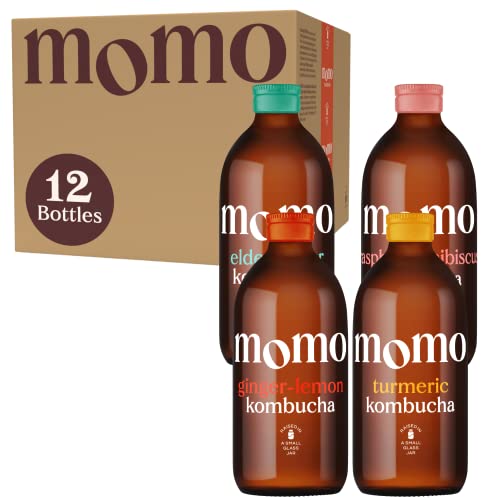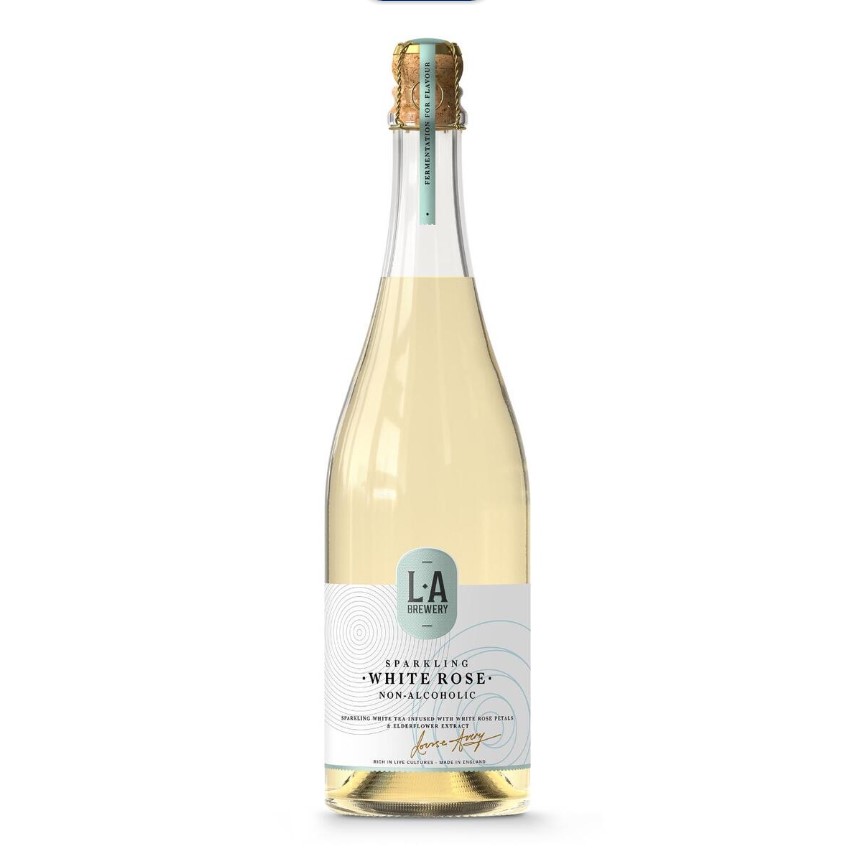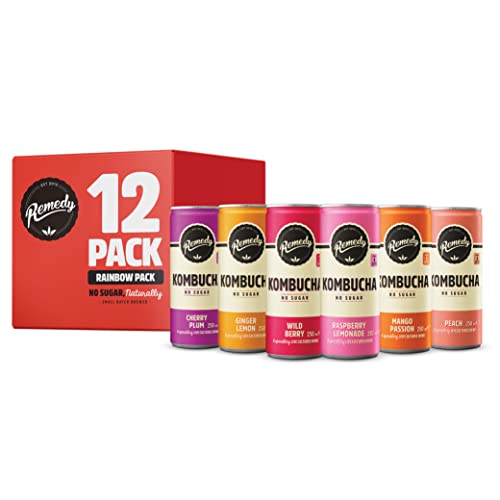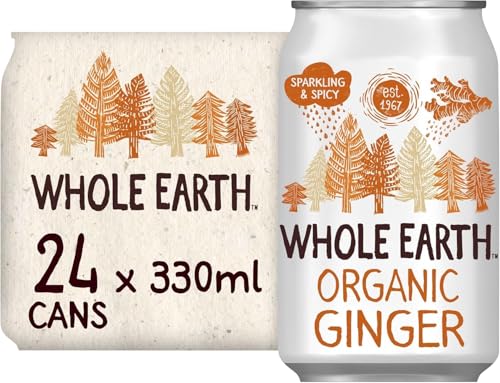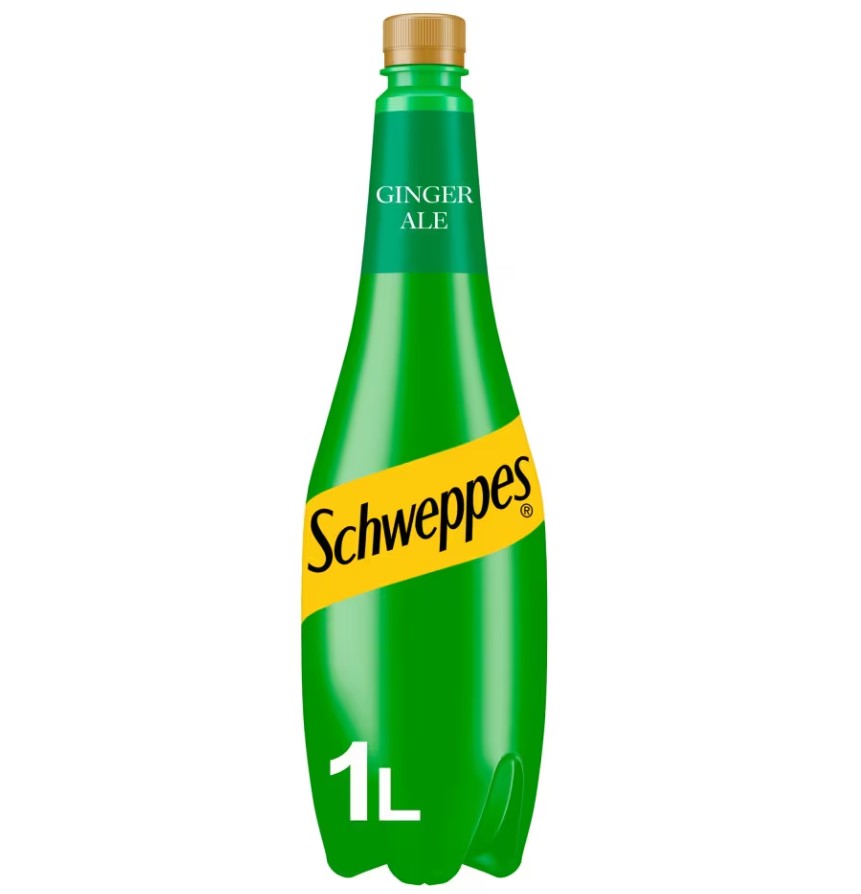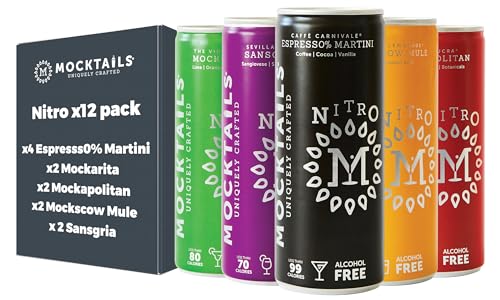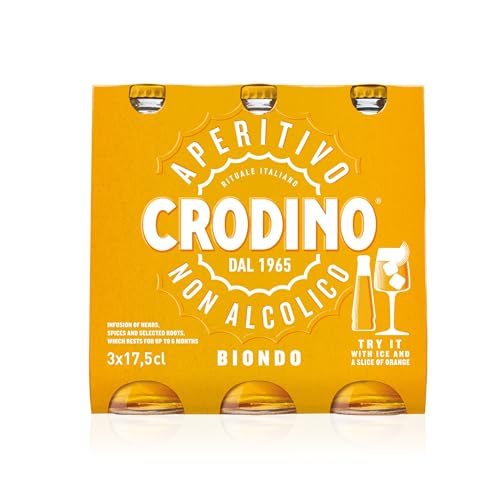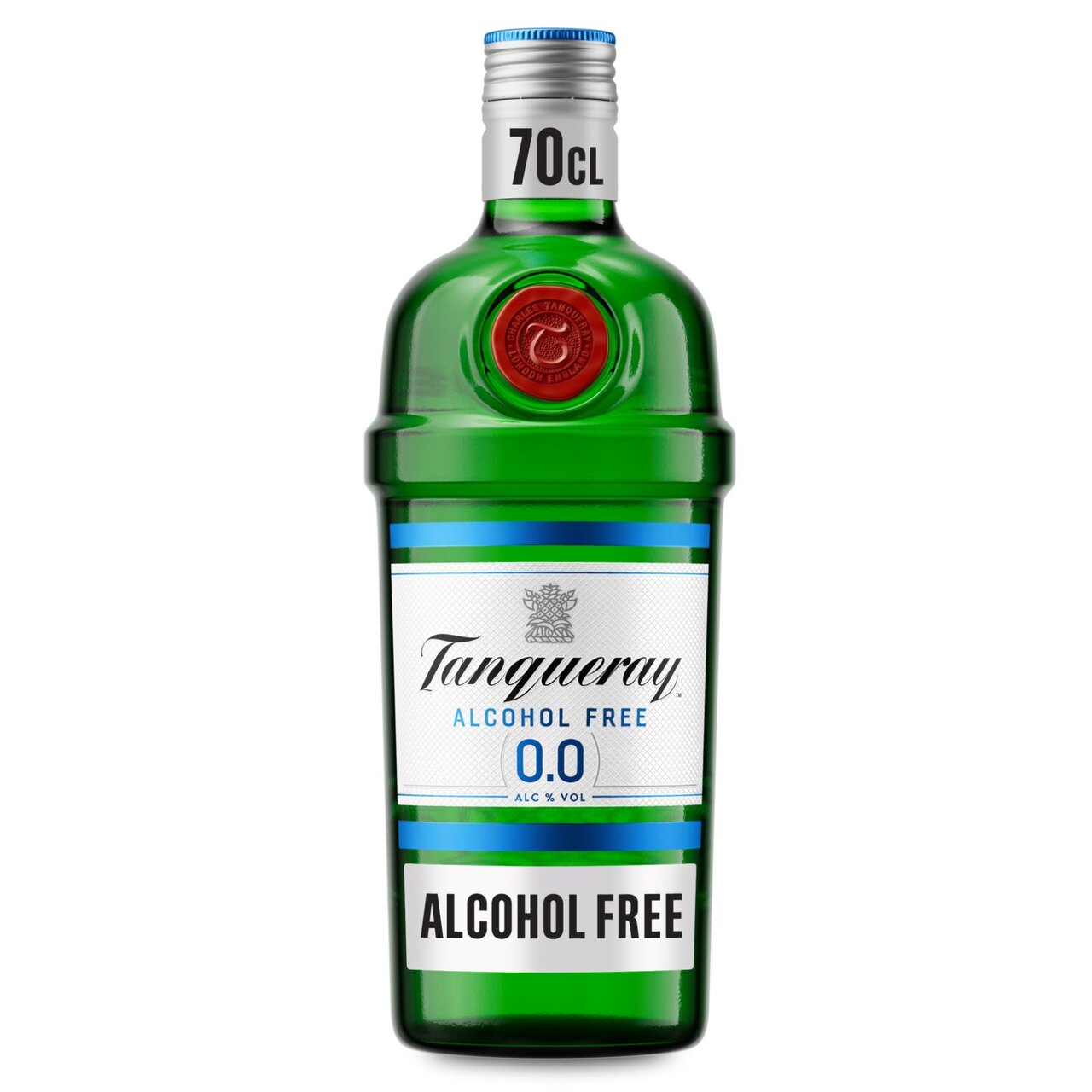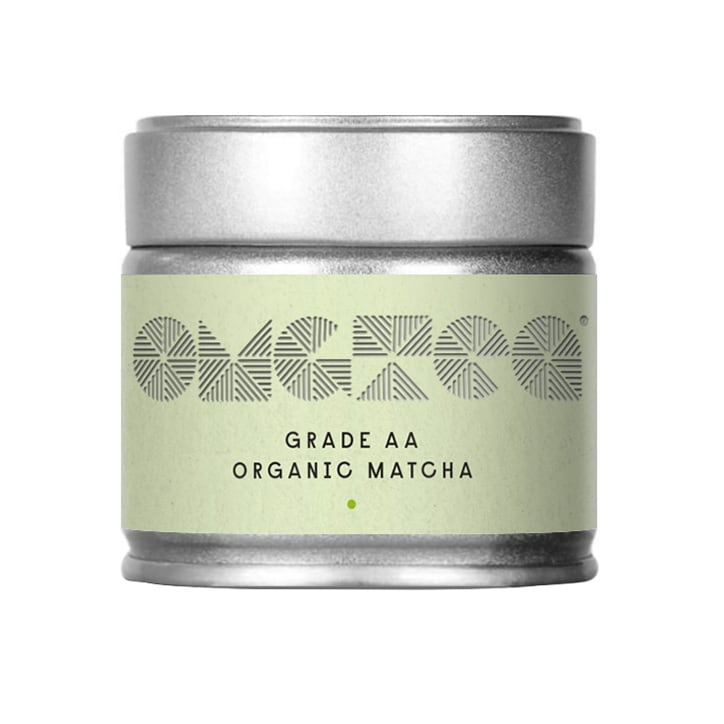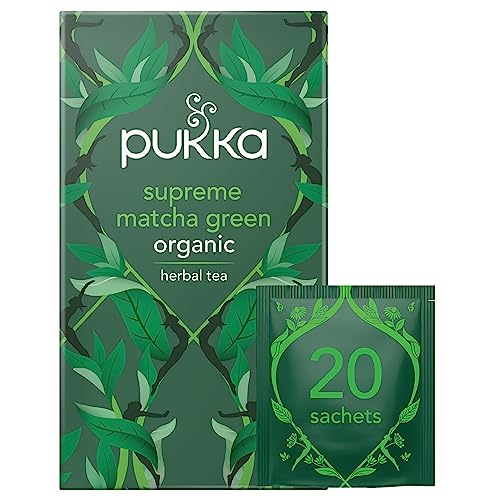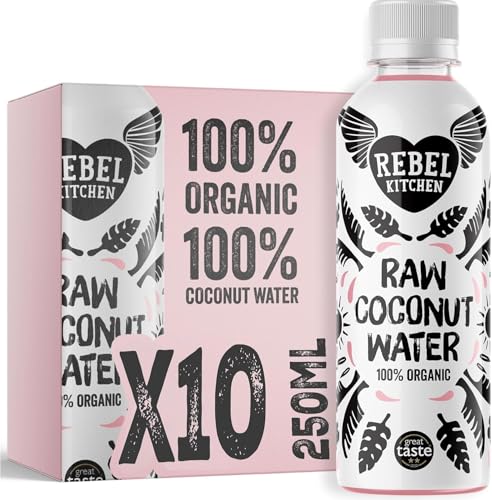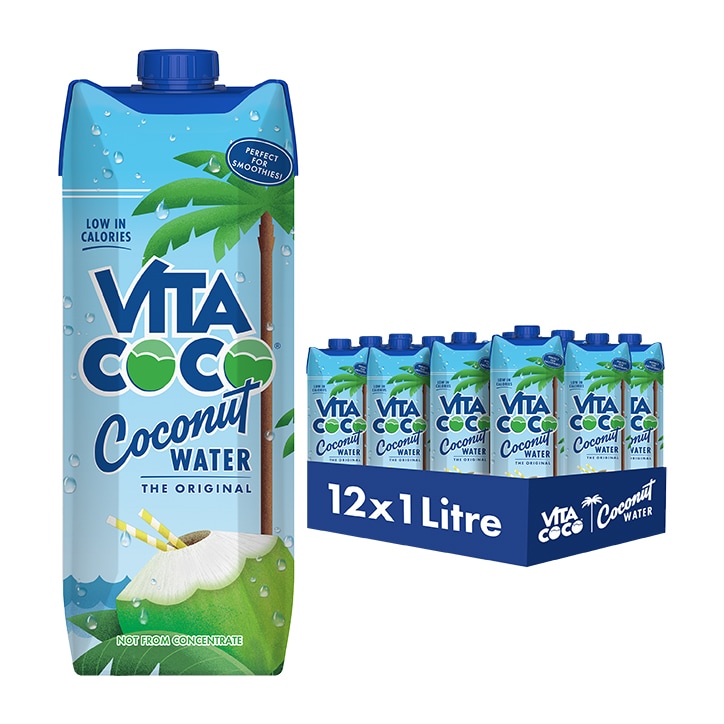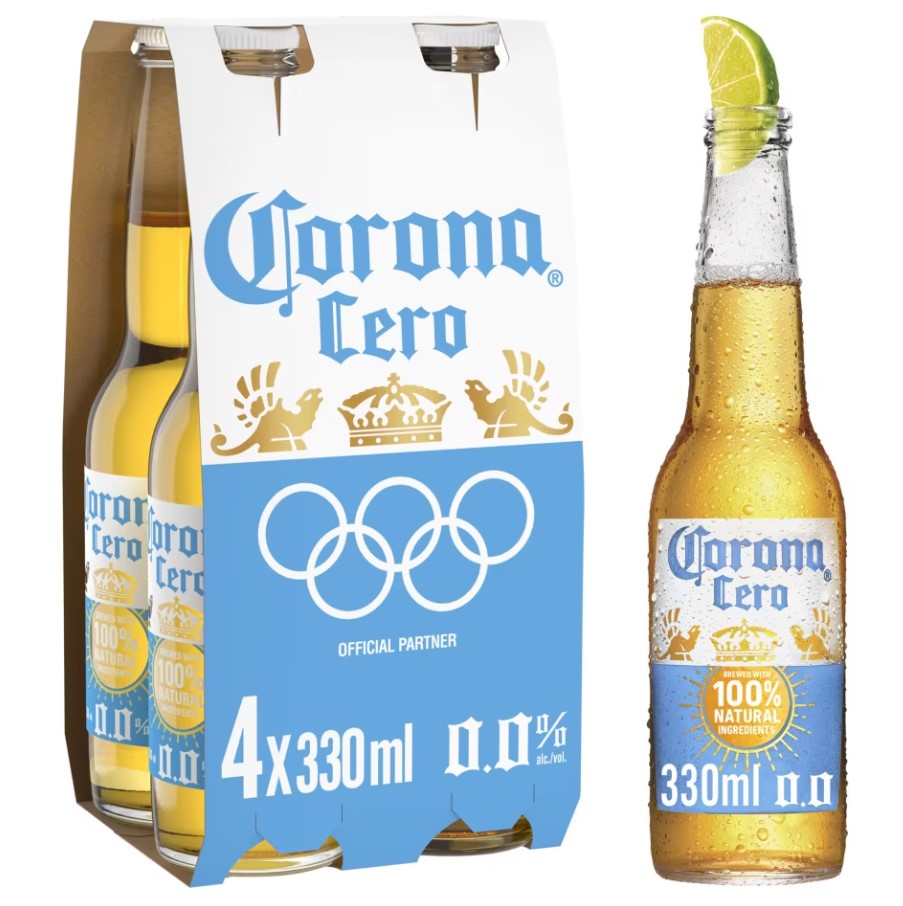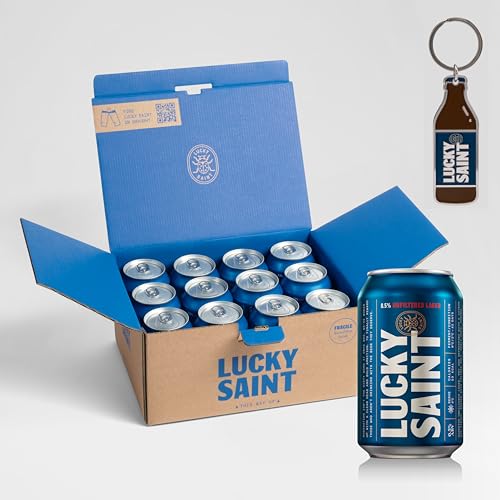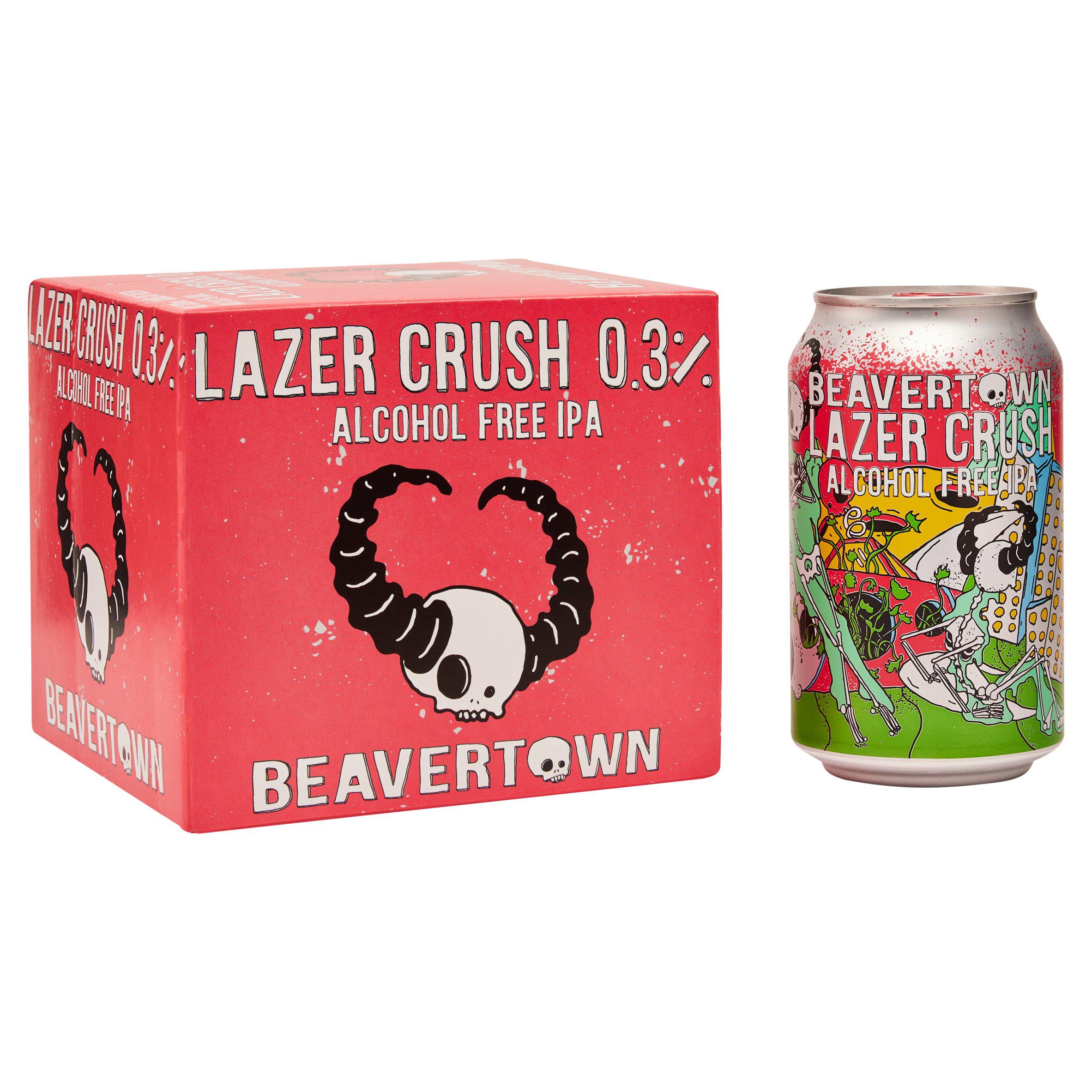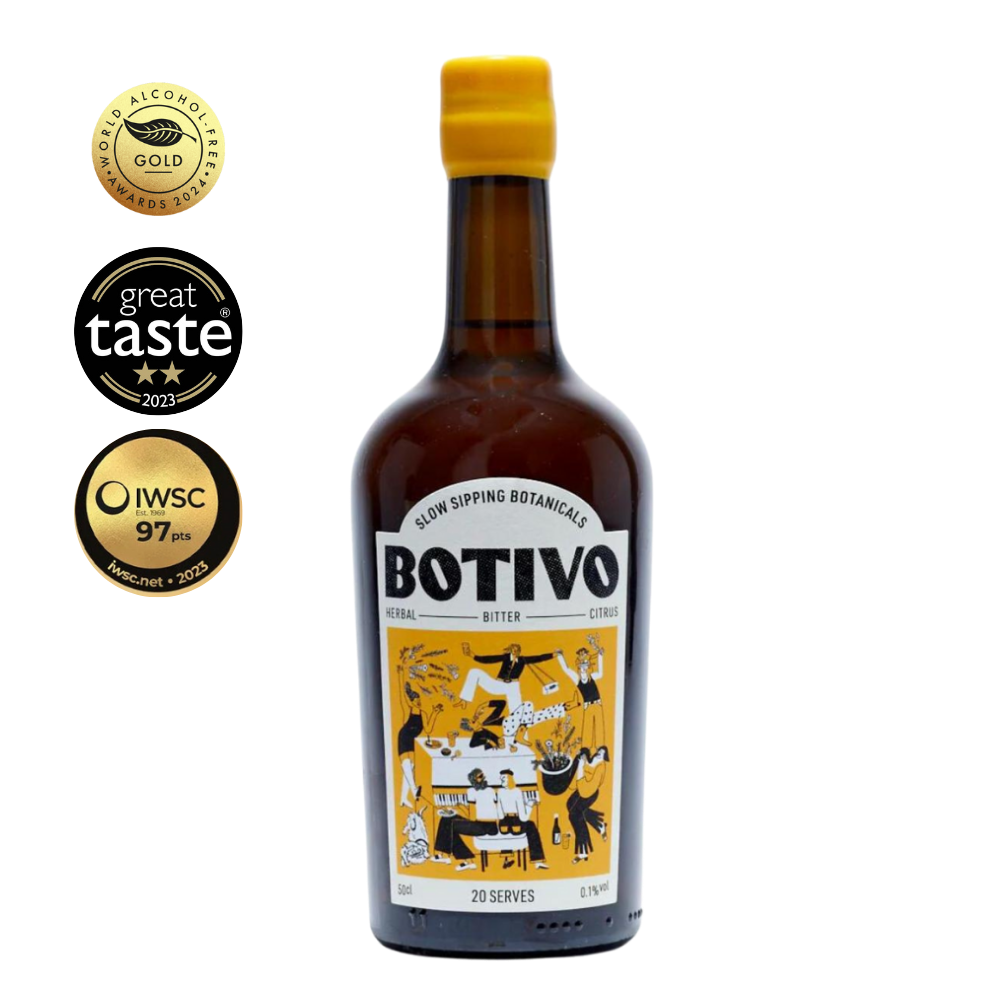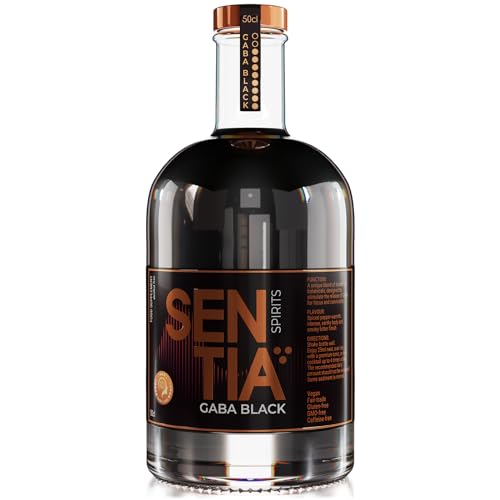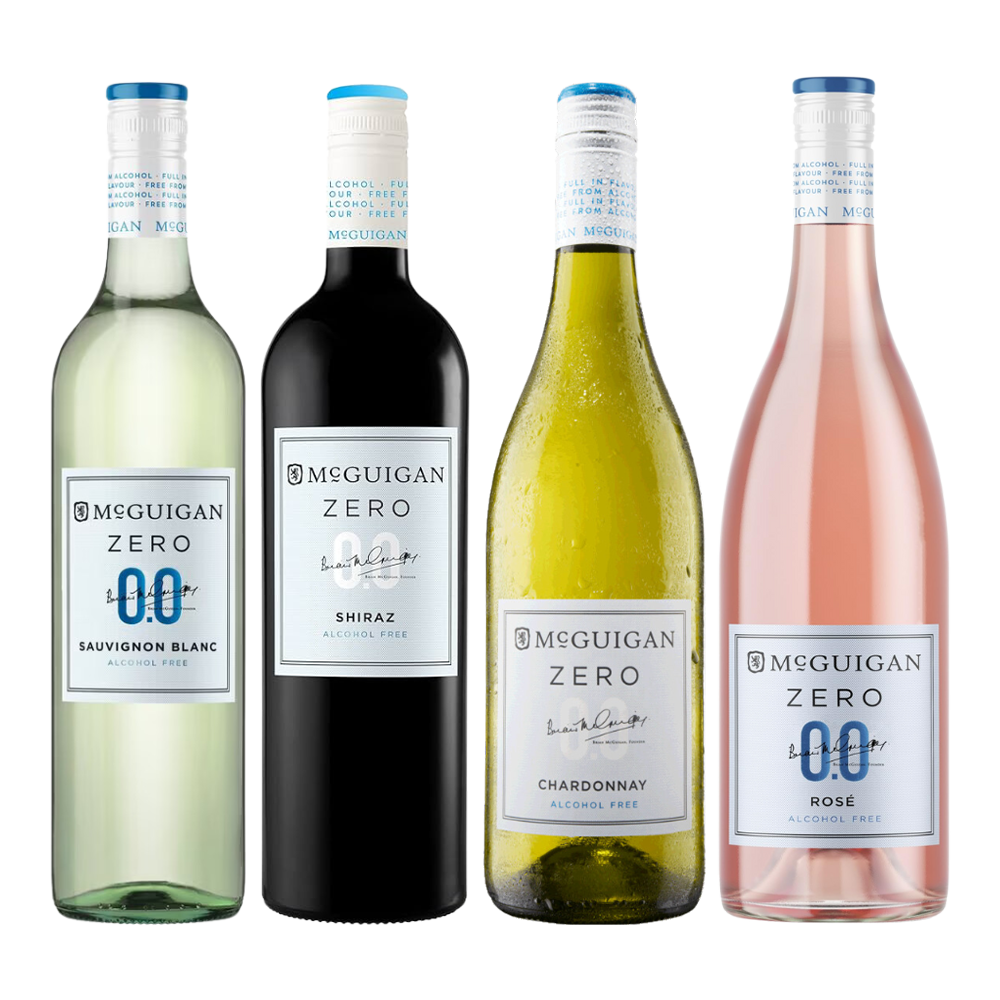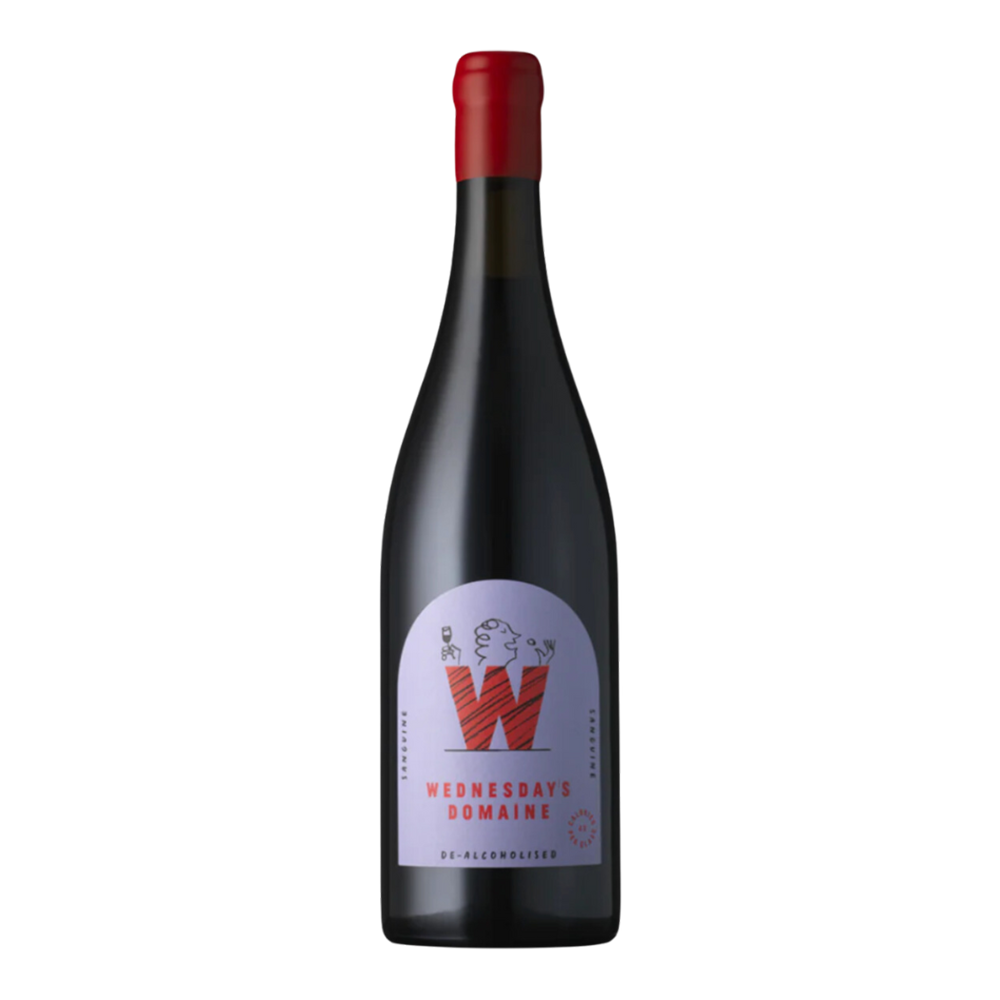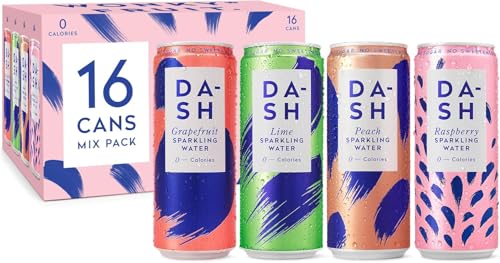10 alternatives to alcohol you'll actually want to drink in January and beyond
Having alternatives to alcohol can help you cut back this year or give up drinking completely, with so many 0% options out there for Dry January and beyond
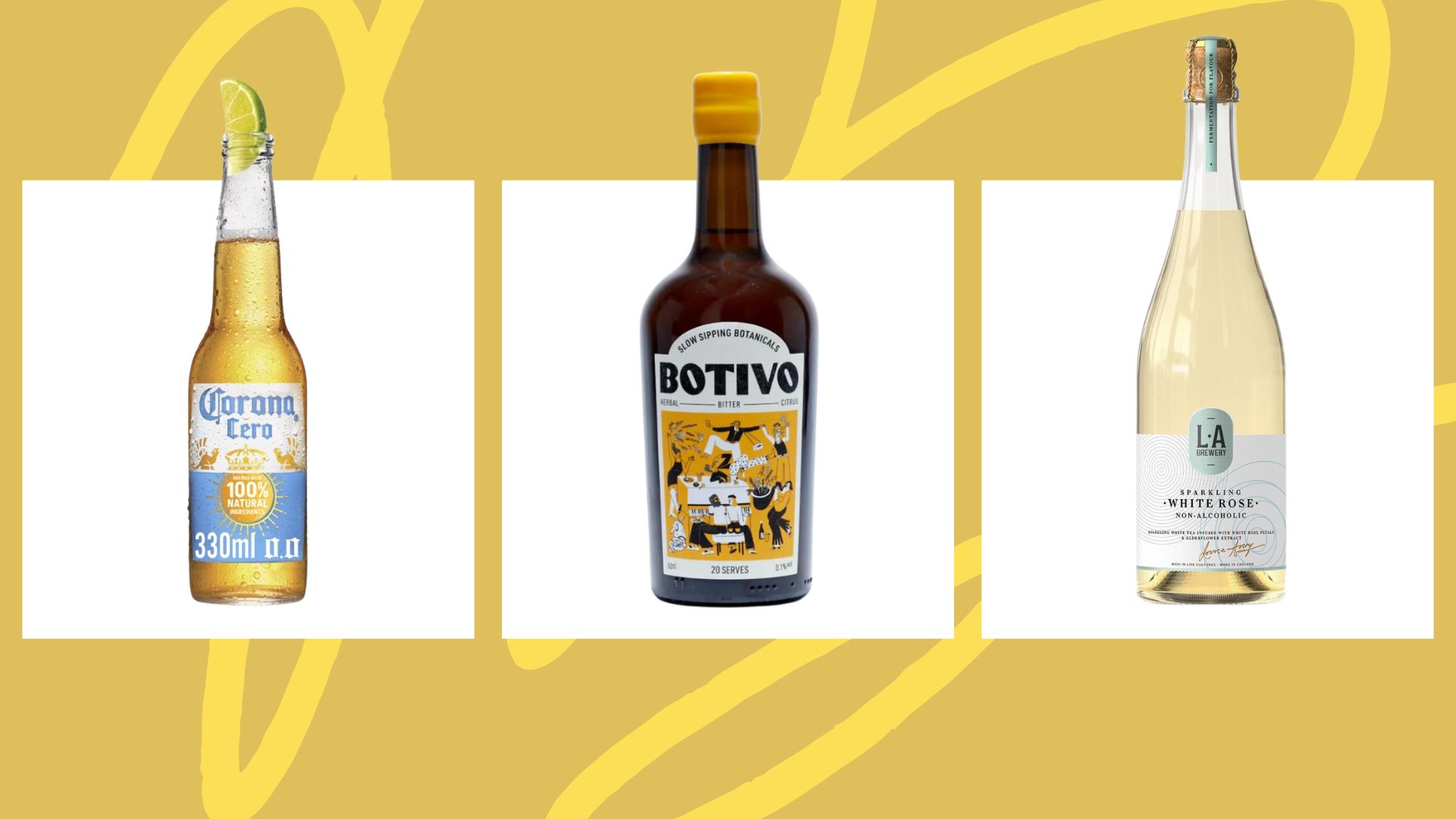

Emily Smith
Alternatives to alcohol like flavoured water and juices have been around for decades but recent years have seen a huge boom in alcohol-free beverages, designed to taste and look good for those cutting back on their drinking.
There are so many benefits of not drinking alcohol - many of which you'll already know about if you're considering giving up for Dry January or longer - but it's also still easy to feel left out if everyone around you is enjoying a drink. And while you shouldn't have to explain yourself, you'll likely also get questions about why you're not drinking if you normally do. That's where alternatives can come in handy.
Whether you're looking to cut back on your drinking after the festive season or try something new, there are so many alternatives to alcohol around these days. From gut-healthy kombucha to new low-calorie non-alcoholic drinks in a can to buy online, these are the ones you need to know about.
Alternatives to alcohol
1. Kombucha
Kombucha has been popular for a few years now as a good substitute for alcoholic drinks, and for good reason. This fermented green tea comes in various fruity flavours like ginger lemon, raspberry, and passionfruit. Stocked on Amazon and in most grocery stores, kombucha is easy to get your hands on and it has the same sizzle as beer, without the tipsy feeling that comes after a pint or two.
The benefits of kombucha are widely established too, so you'll be doing good for your body when you drink it, explains Pauline Cox MSc, a functional nutritionist and author of Hungry Woman. "These fermented drinks are often low in sugar and have the added benefits of live bacteria, also known as probiotics," she says. "Daily probiotics support diversity in the gut microbiome, which has been linked to longevity."
This isn't an alcohol alternative to stick to all night though. Stick to a maximum of three servings per day and always read the label.
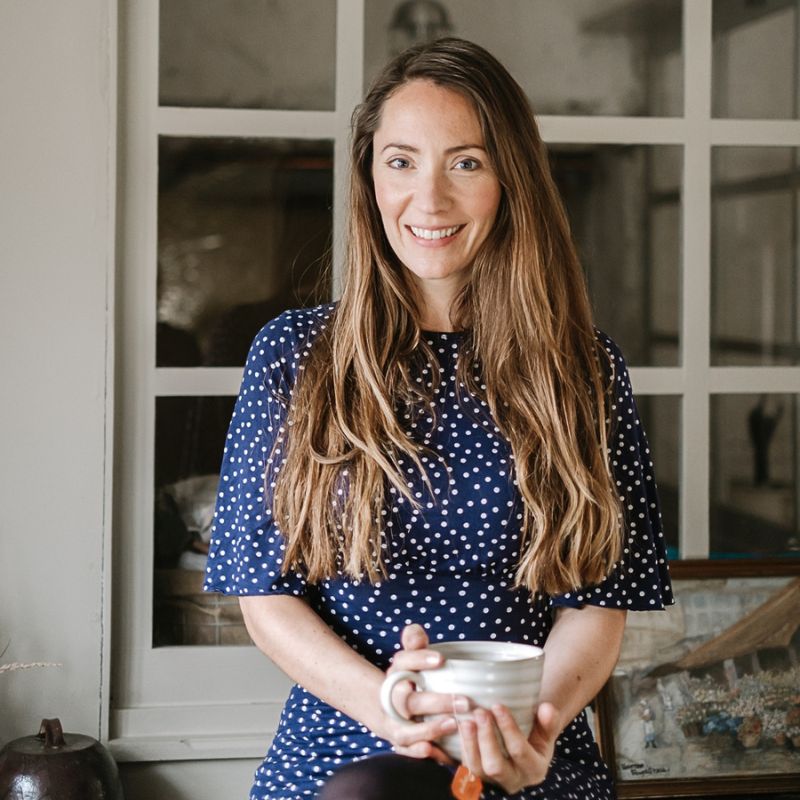
Pauline established her first multidisciplinary health clinic in 2004, bringing together a team of highly skilled health professionals. Following her training in Nutrition, she founded the high street company, Sow & Arrow, a health food store focused on high-quality, nutrient-dense food and supplements, delivering exceptional service and enabling the public to improve their health and wellbeing.
Pauline is also the author of Primal Living in a Modern World and Hungry Woman, which launched in June 2023.
2. Ginger beer or ale
Ginger beer and ginger ale are two non-alcoholic low-calorie beer options for cutting back or mindful drinking. Much like kombucha, ginger beer has a sizzle to the taste that lightly resembles beer and looks much the same as lager too. No one would notice the difference. Those who prefer a lighter taste and less fizz will likely want to go for ginger ale, which has a slightly lighter appearance than regular ale.
Sign up to our free daily email for the latest royal and entertainment news, interesting opinion, expert advice on styling and beauty trends, and no-nonsense guides to the health and wellness questions you want answered.
While there is little research on ginger beer or ale, there's plenty on ginger root itself. A study by Mashhad University of Medical Sciences, for example, suggests that ginger root contains compounds to help prevent inflammation and protect against cellular damage. In turn, supporting liver health and offering some protection against toxins. However, this research is on ginger root, rather than extracts, so be sure your ginger beer or ale contains the real thing by opting for an organic option, as this is likely to have more ginger in the recipe.
3. Mocktails
Non-alcoholic cocktails, or mocktails as they're also known, are one of the best alternatives to alcohol if you're drinking in a bar. Most places will offer alcohol-free alternatives to famous recipes with simple swaps on the Mojito, Lemon Drop, and Bloody Mary (it's often called the Virgin Mary), and classics like a Shirley Temple.
However, there does tend to be a lot of sugar in these types of alcohol alternatives as they often use fruit juice, warns Cox. "The fructose in a carton of fruit juice or soft drink is used by the body in exactly the same way as alcohol is," she explains. "Sweet, fizzy drinks are high in glucose, sucrose, and fructose and disrupt our hunger signalling and blood sugars. This causes insulin resistance and fatty livers, thereby reducing our ability to access fat-soluble nutrients and detoxify. Sugar is also highly addictive as it lights up our reward center."
So as much as avoiding alcoholic cocktails is easy in a bar, restaurant, or at home, be sure to check the ingredients before ordering if you're concerned about having sugar cravings down the line.
4. Matcha tea
If you look to alcohol to relax your mind, Matcha tea could be the best pick for you in our list of alcohol substitutes, as it contains L-theanine. “This compound increases GABA, a relaxation neurotransmitter, which is also released when you drink alcohol. Some companies have even started adding it to soft drinks,” says Cox. If you're a fan of cocktails with a slightly more savory taste then this could be the pickup you need to ditch drinking.
Traditionally, Matcha tea is made from green tea leaves that have been stone-ground into a soft powder by hand. This is sifted and whisked with a specialist tool with hot water to make the beverage. However, as the drink has become more popular over the years, everyone has started selling it in all its forms.
Stop by your local coffee shop and you'll find it as one of the suggested healthy alternatives to coffee. It also contains naturally occurring caffeine. In grocery stores, you can find Matcha tea sold in bottles and cans in the takeaway section. Or, you can buy traditional supplies online relatively affordably.
5. Sparkling water with a slice of fruit
Want to keep things simple? There's nothing wrong with a glass of water, says Rachel Clarkson, a Doctify-reviewed dietician and nutritionist. But make it sparkling to keep things interesting.
"Alternating between alcoholic and non-alcohol beverages [or switching to non-alcoholic beverages for an evening], will slow you down and could easily cut your intake by half," says Clarkson, who is also the founder of The DNA Dietitian. "A zero-calorie soda or sparkling water with a slice of grapefruit is so delicious and a glass of water with ice and lime will also do the trick and keep you hydrated."

Rachel Clarkson RD, MSc, PGDip, BSc is a board-certified, Specialist Dietitian in the science of Nutrigenomics - best known as The DNA Dietitian. With a Harley Street address and busy online clinic, Rachel and her team empower you to eat according to your genes, using her method The DNA Way®. Published research in Epigenetics, Rachel, currently sits on the scientific advisory board of a number of health apps and guest lectures for the Nutrition & Genetic MSc at St Mary's University in London.
5. Coconut water
Coconut water is often listed as one of the ways to prevent a hangover after a night of drinking as it's so hydrating and contains key minerals like calcium and potassium, but this is also what makes it a great substitute. It's also completely sugar-free, so you won't have to worry about that - just be sure to opt for pure coconut water and always read the label.
For those who love a tropical cocktail, it's a great choice. We suggest serving this fruity drink with a couple of ice cubes and frozen berries for an extra vitamin hit.
6. Herbal tea
Most of us, if we're going to have an alcoholic drink, tend to have one in the evenings. With delicious blends available from your local grocery store for much less than a bottle of wine, it's another great option.
Plus, if alcohol stops you from heading to bed for the best time to sleep, herbal teas can offer a helping hand. Many of the blends contain chamomille, which was proven to help participants sleep better in a study by the University of Michigan.
9. Alcohol-free beers
The drinks market might not be quite there with alcohol-free red wine but the no- and low-alcohol drinks market is set to be worth an impressive $68.9 billion by the end of the decade, so it's fair to say there are still plenty of choices. And this is about as close to healthy alcohol as we can get for now.
"Alcohol-free beers and spirits are great options, especially if you feel peer pressure when you're out socially. There's such a wide selection, which means you can always have fun with an exciting non-alcoholic drink option," says Ruari Fairbairns, founder of One Year No Beer. "If you go alcohol-free and change your drinking options to plain water, you're always going to feel like not drinking is boring. So, use fun alcohol-free drinks in the beginning to gain the psychological benefit of drinking but without the booze."
8. Botanical aperitif
Botanical aperitifs include popular beverages like Sentia and Botivo. These are like many alcohol-free spirits, in that you need to combine them with other 0% mixers to make the drink. Often, it's tonic or sparkling water.
These are made with herbs and roots for a bittersweet, botanical flavour, but they sometimes have notes of other fruits too, like citrus.
The aim of these drinks, which are relatively newer to market when compared to other alternatives to alcohol like kombucha, is to mimic the aromas of traditional alcoholic drinks without the buzz. Although, some aim to offer the same buzz or calming feeling through ingredients like nootropics, root extracts, and fruit concentrates.
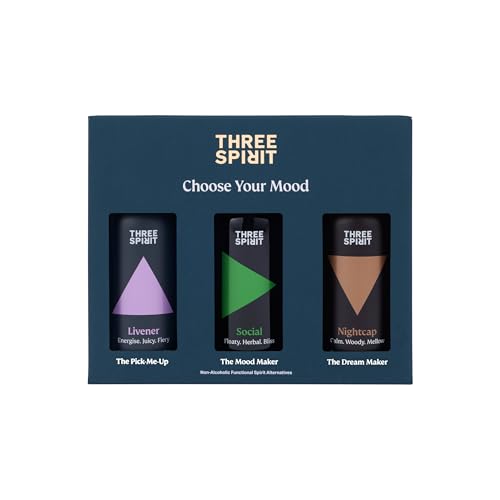
Drink it neat for a deeper flavour or with sparkling water for a spirit-and-mixer duo, Three Spirit aims to produce similar effects to alcohol using interesting ingredients like lion's mane mushrooms, yerba mate, coconut vinegar, and holy basil. Always read the label.
9. De-alcoholised wine
If you're looking to cut down on your drinking but still want to be able to pop open a bottle of low-alcohol wine on occasion or with dinner then de-alcoholised options are a great alternative to your usual tipple.
The beverage is made similarly to how regular wine is. The only difference is that after the usual fermentation process most, if not all, of the alcohol is removed. Everything else stays as it is, which is why it still holds its flavour, body, and colour.
The proven health benefits of red wine can also be found in its non-alcoholic counterpart as the only ingredient being removed is the ethanol. So not only is this substitute healthier for you it will also mean no pesky hangovers or headaches the day afterwards.
10. Fruit-infused water
There is growing hype around fruit-infused water and we totally get why. They are the perfect low-calorie and low-sugar swap for those sweet alcoholic drinks. Many brands are hopping onto the trend and releasing various flavours with added electrolytes, which help you stay properly hydrated.
Cox is quick to stress the advantages of hydration when it comes to alcohol alternatives. "Having alternatives to alcohol will give your liver a break and hydrating drinks are always a good option for this. The body's organs, including the liver, function best when they are hydrated."
What can I replace alcohol with to relax?
If you're looking to relax, research from the University of Chicago shows that activities like cardiovascular exercise and strength training can be incredibly useful. Exercise alleviates stress by inhibiting the production of typical stress hormones like cortisol and adrenaline and offering a positive shot of endorphins instead.
It's perfectly normal if you turn to a glass of wine to relax after a long day though, research from an ICM poll shows that two in three of us do it. It's all about finding those alternatives to alcohol to kick the habit, whether that be going out for a run or making a calming herbal tea instead.
And for those who worry about having fun without alcohol, Fairbairns has some advice. "For those people who find going to the pub and socialising the fun part, what they’re trying to get is that sense of connection with friends. As we know, alcohol releases dopamine, but so does socialise, so we get a double dopamine hit when we are out at the pub drinking with friends. If you want to counteract that, then the way to get a double dopamine hit is to hang out with friends by exercising together. A perfect example would be to try something new and go climbing with your social circle on a Friday evening, for example," Fairbairns continues."It’s an adrenaline rush, fun, exciting, and you get to connect with your friends, all without drinking."
Can CBD replace alcohol?
CBD can give you the same sense of relaxation we get from alcohol without any chance of a hangover. However, it's not for everyone. "CBD is not an alcohol replacement I would recommend," says Cox. She suggests adaptogens instead, which include compounds like ashwagandha, which can have the same relaxing effect.
How does stopping drinking improve your health?
There are endless advantages to limiting or totally stopping drinking, especially if you've previously been drinking alcohol every day. "It is now conclusive that drinking alcohol in any quantity is detrimental to health," says Michaela Weaver, a TED speaker and critically acclaimed women's alcohol coach, who has experienced firsthand the transformative effects saying goodbye to alcohol can have.
She says, "It’s a lesser known fact that drinking regularly causes many of the symptoms of stress, and this is the exact opposite of what we look for at the end of a day when wine o’clock rings out. If you want to feel calm and rested, stopping or minimising alcohol is one of the quickest routes to have that in your life."
Excessive drinking can lead to various negative biological effects, such as weight gain, changes in appetite, fatigue, insomnia, decreased libido, and difficulty concentrating. Penny Weston, wellness expert and founder of MADE wellness center says, "Research has found that reducing or stopping your alcohol intake can lower blood pressure, lower blood sugar and can lessen your chances of liver disease, strokes, and some cancers."
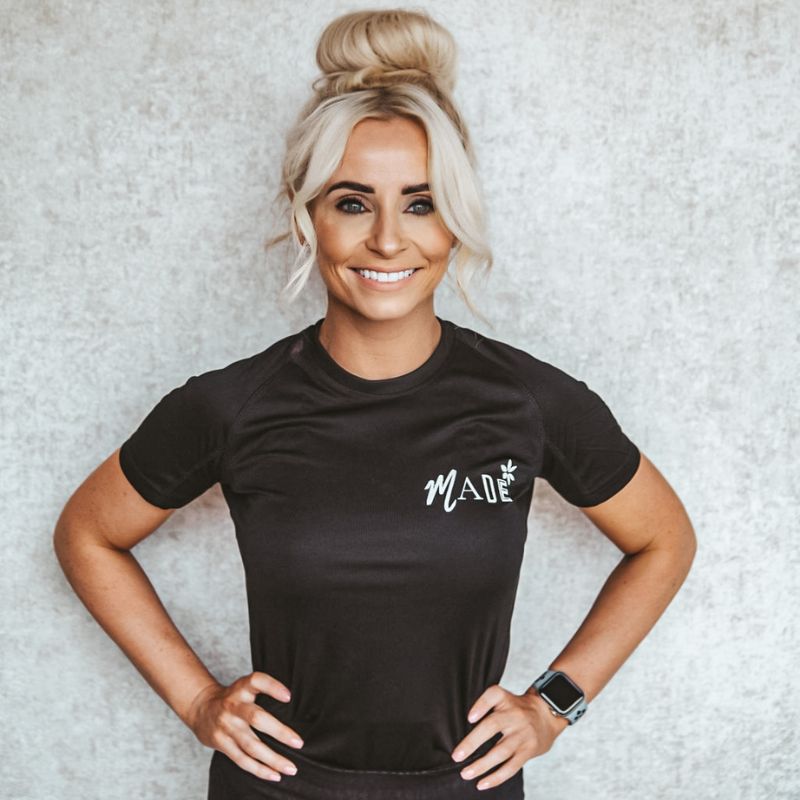
Penny Weston is a nutrition, wellness and fitness expert and the director of the award-winning Moddershall Oaks Country Spa Retreat. Penny is the founder of MADE wellness centre and also MADE on demand, an online wellness platform.

Grace Walsh is woman&home's Health Channel Editor, working across the areas of fitness, nutrition, sleep, mental health, relationships, and sex. She is also a qualified fitness instructor. In 2025, she will be taking on her third marathon in Brighton, completing her first ultra marathon, and qualifying as a certified personal trainer and nutrition coach.
A digital journalist with over seven years experience as a writer and editor for UK publications, Grace has covered (almost) everything in the world of health and wellbeing with bylines in Cosmopolitan, Red, The i Paper, GoodtoKnow, and more.
- Emily SmithDigital lifestyle writer
